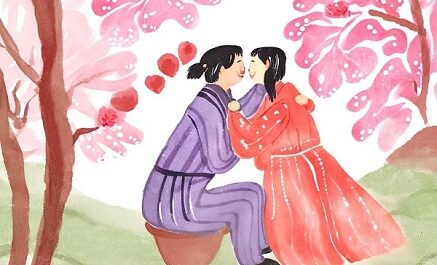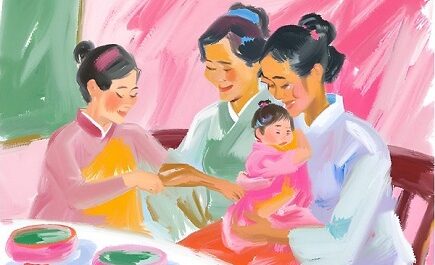Learn Chinese Idiom with Pinyin and English
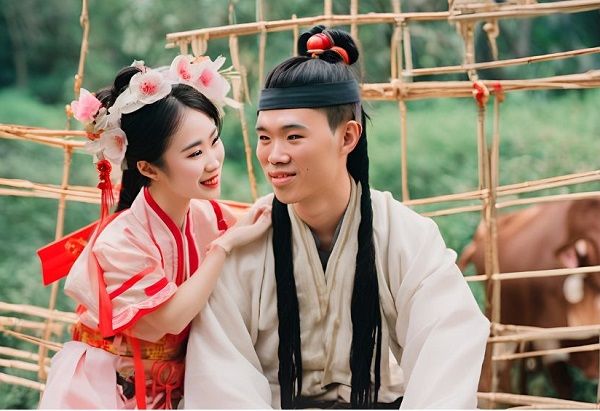
- Idiom in Chinese-牛郎织女。
- Pinyin of Idiom– Niú Láng Zhī Nǚ.
- Idiom’s Meaning in English– The Cowherd and the Weaver Girl – a romantic legend symbolizing undying love and longing between lovers separated by circumstances. The Chinese idiom “Niú Láng Zhī Nǚ” refers to the ancient legend of the Cowherd and the Weaver Girl. This story depicts two lovers who are deeply in love but are forced to live apart due to their different statuses in heaven. Their enduring love and longing for each other have become a symbol of true love that transcends time and space.
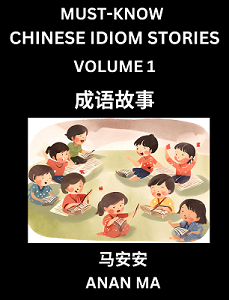
Chinese Idiom Stories Books (HSK All Levels):
- Books to Learn Chinese Idiom Stories (Part 1)
- Books to Learn Chinese Idiom Stories (Part 2)
- Books to Learn Chinese Idiom Stories (Part 3)
Learn Chinese Idiom Story in English (成语故事的英文)
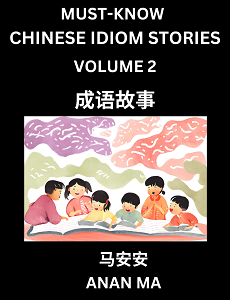
The story of “Niú Láng Zhī Nǚ” is a famous love tale from ancient China. Niú Láng, a diligent cowherd boy, met and fell in love with Zhī Nǚ, a fairy skilled in weaving clouds in heaven. However, the Emperor of Heaven did not permit fairies to love mortals, so he took Zhī Nǚ back to heaven. Determined to reunite with his love, Niú Láng used the skin of his old cow to make shoes and carried his children to chase after Zhī Nǚ. Unable to separate the lovers completely, the Emperor of Heaven allowed them to meet only once a year on the Double Seventh Festival, crossing the Magpie Bridge.
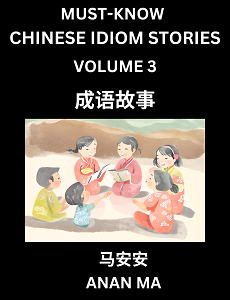
Learn Idiom Story in Chinese (成语故事)
牛郎织女是中国古代著名的爱情故事。牛郎是一个勤劳的放牛娃,织女则是天上的仙女,擅长织造美丽的云彩。两人相识后坠入爱河,但天帝不允许仙女与凡人相恋,于是将织女带回天宫。牛郎用老牛的皮制成鞋,挑着儿女追赶织女,天帝无奈,只允许他们每年七夕在鹊桥相会一次。
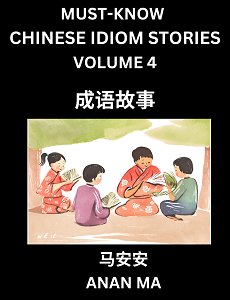
Learn Keywords with English, Simplified Chinese Characters, and Pinyin (关键词)
- 牛郎 (Niú Láng): Cowherd
- 织女 (Zhī Nǚ): Weaver Girl
- 放牛娃 (Fàng Niú Wá): Cowherd Boy
- 仙女 (Xiān Nǚ): Fairy
- 云彩 (Yún Cǎi): Clouds
- 七夕 (Qī Xī): Double Seventh Festival (Chinese Valentine’s Day)
- 鹊桥 (Què Qiáo): Magpie Bridge
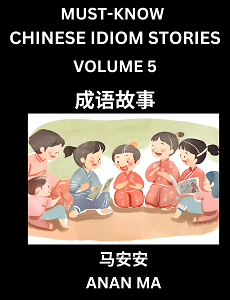
Pinyin of Idiom Story (故事的拼音)
Niúlángzhīnǚ shì zhōngguó gǔdài zhùmíng de àiqíng gùshì. Niú láng shì yīgè qínláo dì fàng niú wá, zhīnǚ zé shì tiānshàng de xiānnǚ, shàncháng zhīzào měilì de yúncai. Liǎng rén xiāngshí hòu zhuì rù àihé, dàn tiāndì bù yǔnxǔ xiānnǚ yǔ fánrén xiāng liàn, yúshì jiāng zhīnǚ dài huí tiāngōng. Niú láng yòng lǎo niú de pí zhì chéng xié, tiāo zhāo er nǚ zhuīgǎn zhīnǚ, tiāndì wúnài, zhǐ yǔnxǔ tāmen měinián qīxì zài quèqiáo xiāng huì yīcì.


